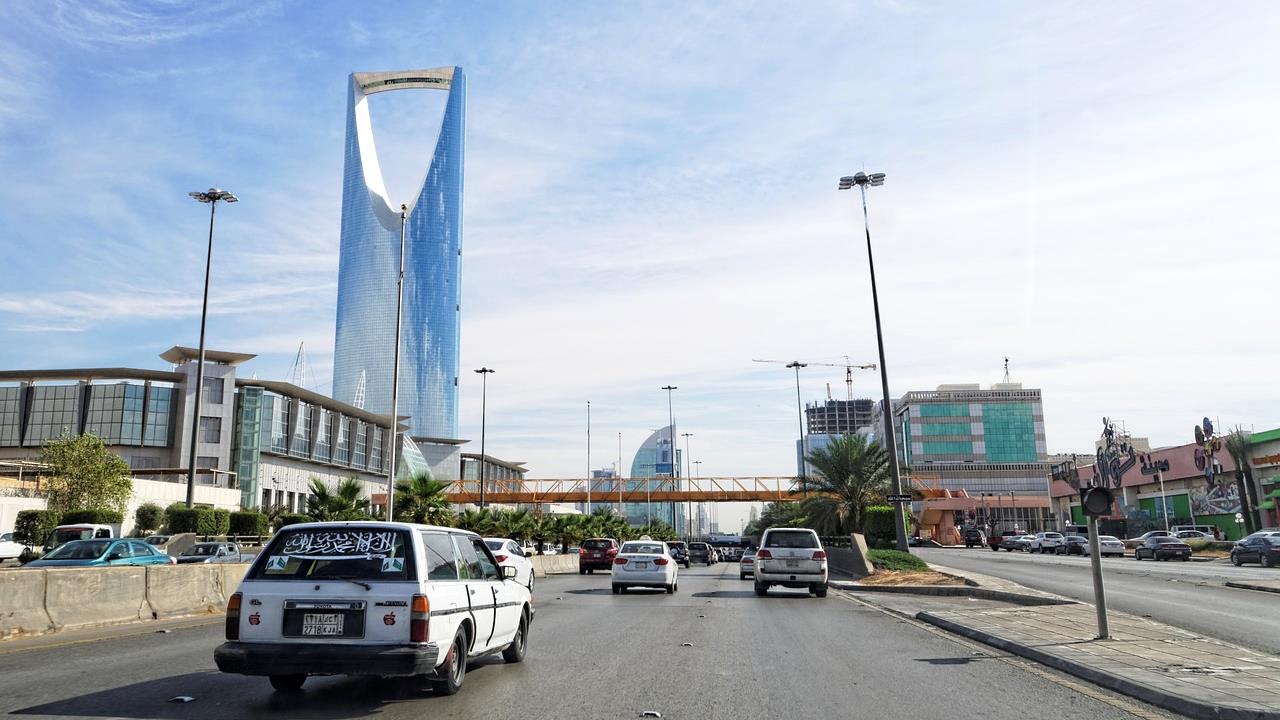

The number of Covid-19 cases in the Middle East and North Africa (Mena) region crossed 5,851,544 on 8 March, according to Worldometers data collated by MEED.
Countries in the GCC account for 24.4 per cent (1,429,207) of all regional cases, and Iran’s 1,689,692 confirmed infections make up 28.9 per cent of the regional 5.8 million infections.

Since 1 March, 195,638 new Covid-19 cases have been detected in 17 Mena countries tracked by MEED.
Week-on-week case growth has slowed in Saudi Arabia, which has reported 379,831 Covid-19 cases to date, with 6,528 deaths and 2,689 active cases.
Saudi reopening
The kingdom decided earlier this week to ease coronavirus-related restrictions on entertainment and events, and reopen cinemas, gyms and sports centres from 7 March.
All events and parties, including weddings, corporate meetings, and events in banquet halls, independent wedding halls and hotel wedding venues, will continue to remain suspended until further notice. Gatherings at social events may not host more than 20 people.
Saudi Arabia announced on 14 February a 20-day extension on restrictions imposed earlier that month to curb the pandemic. The extension came after the kingdom enforced a temporary ban on travellers from 20 countries.
Late in January, Riyadh also said the national travel ban for citizens and the closure of its borders would remain in place until 17 May 2021.
Restrictions have also been extended in Kuwait, which has imposed a minimum one-month curfew to curb a sharp rise in coronavirus cases.
The curfew will be imposed from 5pm-5am until 8 April. People are allowed to walk to mosques to perform prayers during curfew hours, but pharmacies and food shops must use delivery services and all public parks and recreational areas will be closed.
Other closures
Oman has also mandated that businesses, including restaurants and cafes, are closed between 8pm and 5am until 20 March. They are also banned from providing home delivery services.
Restrictions are being slightly eased in the UAE, where Abu Dhabi has approved the reopening of cinema halls at 30 per cent capacity, with precautionary measures such as social distancing, regular sanitising and the use of masks in place.

Meanwhile, sales have opened for Formula One’s season-opening Bahrain Grand Prix for individuals who have been vaccinated against Covid-19 or can prove they have recovered from the illness. Bahrain International Circuit said earlier this week that tickets will be sold at a single discounted price of BD100 ($265) for the 26-28 March event.
Morocco also suspended all flights to and from Algeria and Egypt last week. The temporary suspension will run until 21 March, and extends to Egyptian and Algerian passengers arriving through other countries.
Vaccination efforts
Wider Mena countries are stepping up inoculation drives as case numbers continue to grow in the region.
It is reported that India’s Bharat Biotech will supply 400,000 shots of Covaxin vaccine by the end of March. Alireza Raeisi, spokesman of Iran’s National Coronavirus Headquarters, reportedly said the number of doses received from Russia, China and India will increase to 1 million following India’s delivery.
In televised remarks on 7 March, Raeisi is also reported to have confirmed that Iran will receive the first batch of the UK/UK-Swedish AstraZeneca vaccine in the next three weeks through the Covax alliance.
“In late March, 1.1 million shots will arrive into the country under Covax, increasing the total number of doses to 2 million,” he reportedly said.

Heidar Mohammadi, an official from Iran’s Food & Drug Administration, reportedly said Iran would receive 3.12 million AstraZeneca shots from South Korea before the end of the year as part of its involvement with Covax.
Vaccine stocks are also set to increase in Egypt, which will receive 8 million doses of coronavirus vaccines within the next few weeks, adviser to the president on health affairs, Mohamed Awad Tag el-Din, reportedly said on 6 March.
Egypt has received almost 400,000 doses of Covid-19 jabs to date, including Sinopharm (China) and AstraZeneca. The Sinopharm vaccine has also been sent to Iraq, which received 50,000 doses as donations on 2 March. Health Ministry spokesman Seif al-Badr said the doses would be delivered to Baghdad’s three main hospitals and some provinces for immediate rollout.
You might also like...

Iraq signs deal to develop the Akkas gas field
25 April 2024

Emaar appoints beachfront project contractor
25 April 2024

Acwa Power signs $356m Barka extension
25 April 2024

AD Ports secures Angola port concession agreement
25 April 2024
A MEED Subscription...
Subscribe or upgrade your current MEED.com package to support your strategic planning with the MENA region’s best source of business information. Proceed to our online shop below to find out more about the features in each package.




